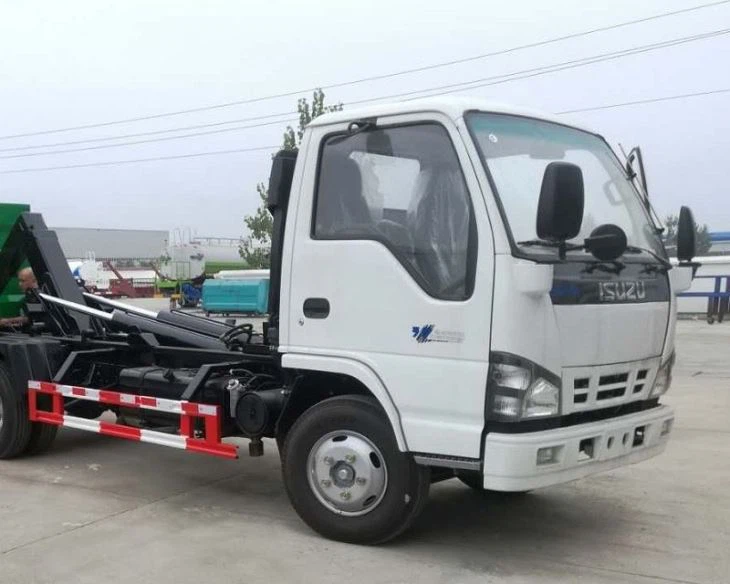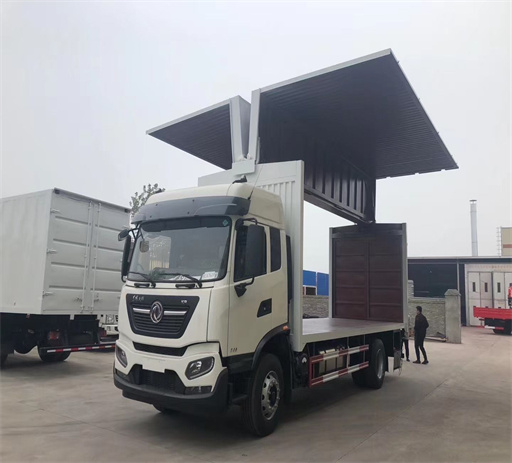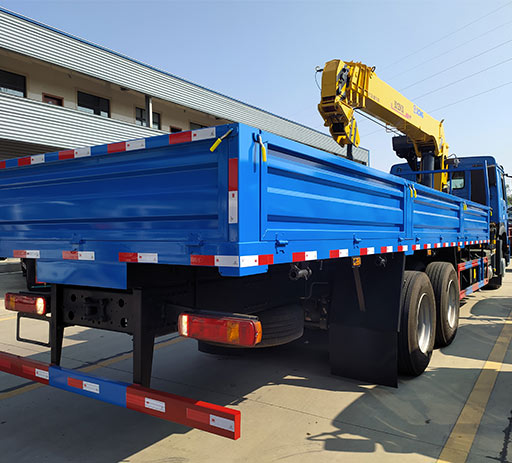Water Pump Truck for Sale: Everything You Need to Know

Water pump trucks are essential vehicles in various sectors, including construction, agriculture, firefighting, and flood control. These trucks provide an efficient means to transport and discharge water for multiple purposes, making them invaluable in both emergency and routine operations. If you’re in the market for a water pump truck, this comprehensive guide will help you understand the types available, their features, how to select the right one, and where to find them for sale.
Understanding Water Pump Trucks
A water pump truck is a specialized vehicle designed to carry and pump large volumes of water. They are equipped with powerful pumps that can move water effectively from one location to another. These trucks can vary in size, capacity, and purpose, catering to many industries.
Types of Water Pump Trucks
1. Standard Water Pump Trucks
These are general-purpose trucks used to transport water for construction projects, dust control, and irrigation. They typically feature a tank ranging from 500 to 3,500 gallons.
2. Firefighting Water Pump Trucks

Equipped with high-capacity pumps, these trucks are designed for emergency response. They often have fire hoses and nozzles, making them suitable for firefighting and rescue operations.
3. Vacuum Water Pump Trucks
These trucks can suck up liquids and debris from different surfaces, making them useful for excavation sites and waste removal. They are typically used in septic tank cleaning and municipal sewer maintenance.
4. Agricultural Water Pump Trucks
These trucks are specialized for transporting water for irrigation and livestock. They often have features tailored to farming operations.
Key Features of Water Pump Trucks
1. Pump Capacity
The pump’s capacity is a crucial factor to consider. Water pump trucks can have pumps with different flow rates, usually measured in gallons per minute (GPM). A higher GPM indicates faster water movement.
2. Tank Size
The size of the water tank determines how much water can be transported at once. Common sizes range from 500 gallons for smaller operations to over 5,000 gallons for larger applications.
3. Engine Power
A powerful engine is essential for pumping operations, especially for trucks with larger tanks and pumps. The engine size and horsepower will affect the truck’s performance.
4. Mobility and Traction

Water pump trucks often operate in rugged terrains. All-wheel drive and heavy-duty suspensions enhance mobility on construction sites or agricultural fields.
5. Hose Configuration
Consider the types of hoses and attachments available. Flexible and durable hoses make installation and operation easier. Ensure the truck can support the required number of hose connections for your projects.
How to Choose the Right Water Pump Truck
1. Assess Your Needs
Identify the primary use for the water pump truck. Will it be for construction, agriculture, or emergency services? Understanding your requirements will help narrow down your options.
2. Evaluate Pump Specifications
Look for a pump with suitable flow rates and pressure to meet your project demands. Ensure that the specifications align with what you’ll need to operate efficiently.
3. Consider Budget Constraints
Water pump trucks vary significantly in price based on features and specifications. Set a budget and look for trucks that fit within your financial range. Consider both new and used options.
4. Check Reviews and Recommendations
Seek insights from other buyers or industry professionals. Customer reviews can provide valuable information regarding performance and reliability.

5. Maintenance and Support
Inquire about maintenance services and parts availability. A truck that is easy to maintain will reduce downtime and repair costs.
Where to Find Water Pump Trucks for Sale
1. Online Marketplaces
Websites like eBay, Craigslist, and specialized truck sales sites often have listings for water pump trucks. You can filter results based on your location, desired features, and budget.
2. Dealerships
Many truck dealerships offer new and used water pump trucks. Visiting a dealership allows you to inspect the vehicle in person and consult with sales professionals.
3. Auctions
Government and commercial auctions can be excellent places to find water pump trucks at competitive prices. Originally for fleet vehicles, many are well-maintained and come with documentation.
4. Industrial Equipment Suppliers
Specialized suppliers in industrial and agricultural equipment often carry water pump trucks. They may also offer financing options and equipment rentals.
5. Local Classifieds
Check local newspapers and online classifieds for listings. Sometimes local businesses or farms sell their trucks when they upgrade their equipment.
Practical Maintenance Tips for Water Pump Trucks
1. Regular Inspections
Frequent inspections can help identify issues before they become major problems. Check the pump, hoses, and engine regularly for wear and tear.
2. Clean the Tank
Contaminants can affect the water quality and pump performance. Clean the tank routinely to ensure optimal functioning.
3. Check Fluid Levels
Monitor engine oil, coolant, and hydraulic fluid levels. Keeping these fluids at proper levels will enhance operational efficiency and extend the truck’s life.
4. Follow Manufacturer Guidelines
Always adhere to the manufacturer’s instructions for maintenance schedules and procedures. This will help preserve warranties and ensure safety.
5. Store Properly
When not in use, store the water pump truck in a dry, sheltered location. This will protect it from the elements and prolong its lifespan.
FAQs About Water Pump Trucks
1. What is the average price of a water pump truck?
The price of a water pump truck can vary widely based on size, specifications, and condition. New trucks typically range from $20,000 to over $100,000, while used trucks can be found for as low as $10,000.
2. How much water can a water pump truck carry?
Water pump trucks come in various tank sizes, generally ranging from 500 gallons for smaller models to over 5,000 gallons for large trucks used in industrial applications.
3. Can water pump trucks be used for other liquids?
While primarily designed for water, some water pump trucks can transport other liquids, including non-corrosive chemicals. Always check the specifications before use.
4. What maintenance is required for a water pump truck?
Maintenance typically includes regular inspections, cleaning the tank, checking fluid levels, and following the manufacturer’s recommended maintenance schedule.
5. Are used water pump trucks reliable?
Yes, many used water pump trucks are reliable, provided they have been well-maintained. It’s essential to inspect the vehicle and obtain service records before purchasing.
6. Is it possible to finance a water pump truck?
Yes, many dealerships and equipment suppliers offer financing options for water pump trucks, making it easier to acquire the necessary equipment without an upfront large payment.
